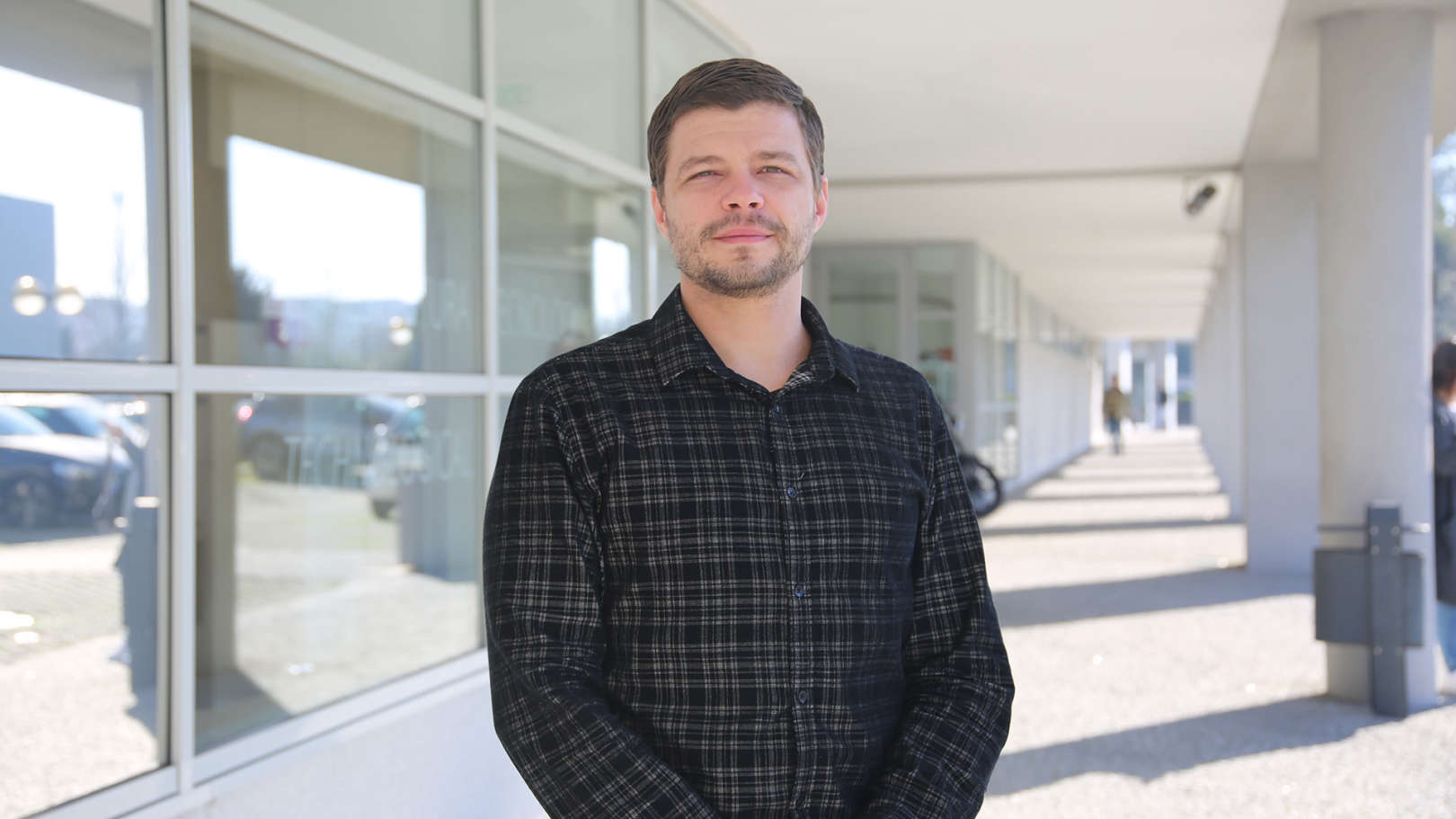About
Everton Leandro Alves, M.Sc., was born in Novo Hamburgo, Rio Grande do Sul, Brazil. He earned his Bachelor's degree in Electrical Engineering from the Federal University of Rio Grande do Sul (UFRGS, Porto Alegre) in 2009, and completed a double-degree programme in Electrical Engineering at the École Nationale Supérieure d'Ingénieurs Électriciens de Grenoble, at the Institut National Polytechnique de Grenoble (ENSIEG, INPG, France). He obtained his Master’s degree in Electrical Engineering from ENSIEG, INPG, in 2008, with a specialisation in Optics and Radiofrequency.
From 2010 to 2013, he worked as an Energy Efficiency Engineer at Eletrobras Eletrosul, a transmission company in southern Brazil. From 2014 to 2018, he served as a Project Engineer in the transmission system expansion area, focusing on protection, control, and automation. During this period, he was actively involved in factory acceptance testing (FAT) and commissioning of protection and control systems, collaborating with leading manufacturers such as Siemens, ABB, Schweitzer, and Schneider.
Since 2018, he has been living in Portugal, where he is pursuing a PhD in Electrical and Computer Engineering (PDEEC) at the Faculty of Engineering of the University of Porto (FEUP). He is currently a Researcher at the Centre for Power and Energy Systems (CPES) at INESC TEC.
His research interests include adaptive protection for distribution networks, real-time simulation (Hardware-in-the-Loop), automated control of renewable-based grids, and the application of the IEC 61850 standard in digital communication architectures. He develops advanced automation algorithms and participates in laboratory testing with physical and virtual IEDs, covering all layers from field equipment to user-level applications. He collaborates in national and European R&D projects, including industrial partnerships focused on developing, testing, and validating protection and automation applications for smart grids.


